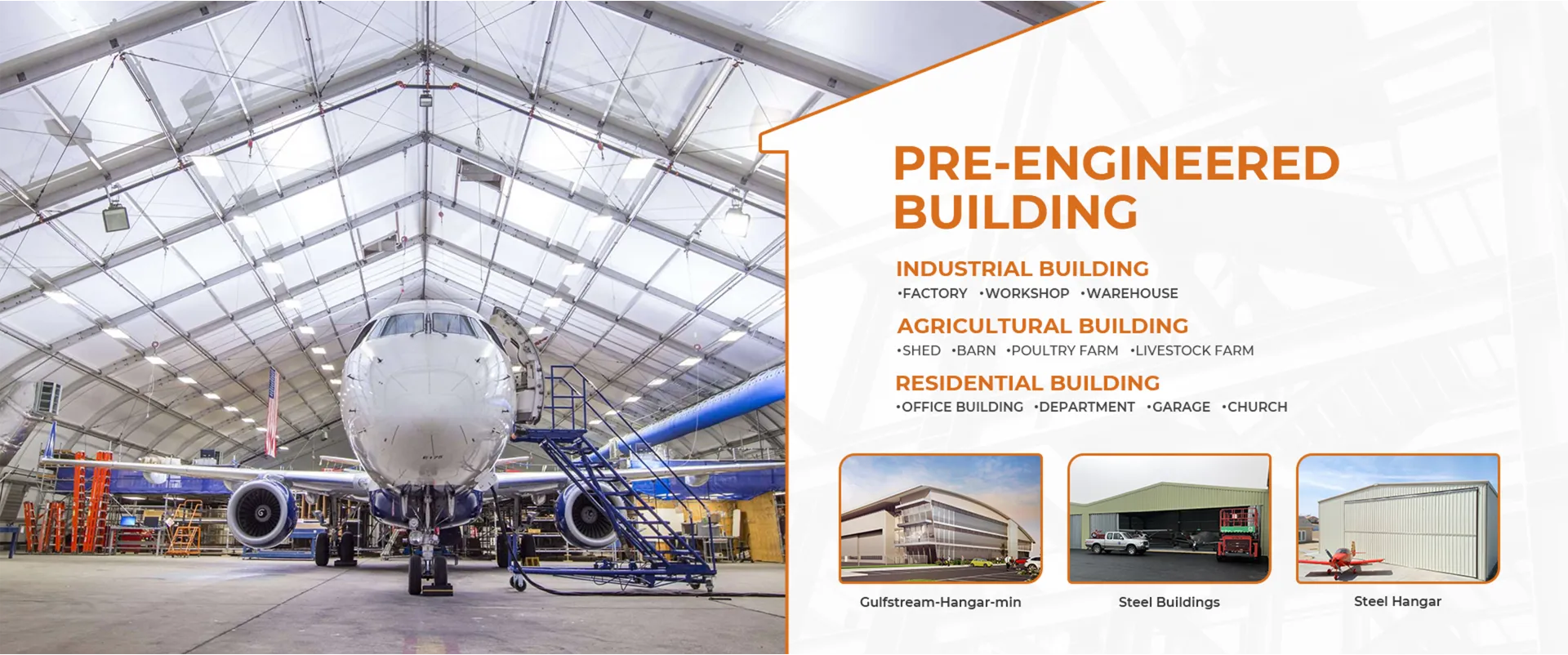- Afrikaans
- Albanian
- Amharic
- Arabic
- Armenian
- Azerbaijani
- Basque
- Belarusian
- Bengali
- Bosnian
- Bulgarian
- Catalan
- Cebuano
- Corsican
- Croatian
- Czech
- Danish
- Dutch
- English
- Esperanto
- Estonian
- Finnish
- French
- Frisian
- Galician
- Georgian
- German
- Greek
- Gujarati
- Haitian Creole
- hausa
- hawaiian
- Hebrew
- Hindi
- Miao
- Hungarian
- Icelandic
- igbo
- Indonesian
- irish
- Italian
- Japanese
- Javanese
- Kannada
- kazakh
- Khmer
- Rwandese
- Korean
- Kurdish
- Kyrgyz
- Lao
- Latin
- Latvian
- Lithuanian
- Luxembourgish
- Macedonian
- Malgashi
- Malay
- Malayalam
- Maltese
- Maori
- Marathi
- Mongolian
- Myanmar
- Nepali
- Norwegian
- Norwegian
- Occitan
- Pashto
- Persian
- Polish
- Portuguese
- Punjabi
- Romanian
- Russian
- Samoan
- Scottish Gaelic
- Serbian
- Sesotho
- Shona
- Sindhi
- Sinhala
- Slovak
- Slovenian
- Somali
- Spanish
- Sundanese
- Swahili
- Swedish
- Tagalog
- Tajik
- Tamil
- Tatar
- Telugu
- Thai
- Turkish
- Turkmen
- Ukrainian
- Urdu
- Uighur
- Uzbek
- Vietnamese
- Welsh
- Bantu
- Yiddish
- Yoruba
- Zulu
Sep . 26, 2024 03:56 Back to list
Residential Steel Frame Construction A Modern Approach to Building
In recent years, residential steel frame construction has gained significant popularity as a modern and efficient method for building homes. Unlike traditional wood framing, steel frames offer a multitude of advantages that are increasingly appealing to homeowners, builders, and architects alike. This construction method combines durability, sustainability, and design flexibility, reshaping how we think about residential buildings.
Durability and Strength
One of the most prominent benefits of steel frame construction is its unparalleled strength and durability. Steel structures can withstand extreme weather conditions, including heavy winds, earthquakes, and even flooding. Unlike wood, steel does not warp, crack, or split over time, ensuring that the home's structural integrity remains intact. This resilience translates to a longer lifespan for the building, often requiring less maintenance and fewer repairs in the long run.
This durability also extends to pest resistance. In areas prone to infestations, such as termites or wood-boring beetles, steel frames offer a solution that eliminates concerns over pest-related damage. Homeowners can rest easier knowing that their investment is protected from these common threats.
Sustainability and Eco-Friendliness
As society increasingly prioritizes sustainability, the steel frame construction method emerges as an eco-friendly option. Steel is 100% recyclable, and a significant percentage of new steel is manufactured from recycled materials. This reduces the demand for new raw materials and minimizes waste. Furthermore, the use of steel can lead to a decrease in the carbon footprint of a construction project since steel fabrication often generates less waste compared to traditional wood framing.
Moreover, steel structures can be designed to incorporate energy-efficient features. With the ability to combine steel framing with advanced insulation materials, homeowners can achieve better thermal performance, reducing energy consumption for heating and cooling. This commitment to sustainability not only benefits the environment but also translates into long-term cost savings on energy bills.
Design Flexibility
residential steel frame construction

Another key advantage of residential steel frame construction is its design flexibility. The strength of steel allows for larger open spaces and more expansive designs without the need for numerous load-bearing walls. This means homeowners can create innovative floor plans, featuring open-concept living areas or expansive windows that bring in natural light. Architects can experiment with modern aesthetic trends, from minimalist designs to more complex architectural forms that were previously difficult to achieve with traditional materials.
Furthermore, as steel framing is manufactured in controlled conditions, it can provide a higher level of precision and quality compared to traditional building methods
. This precision reduces construction time and minimizes on-site errors, streamlining the overall building process.Cost-Effectiveness
While the initial cost of steel may be higher than wood, the overall cost-effectiveness of steel frame construction becomes apparent over time. The reduced need for maintenance, combined with fewer repairs, makes steel homes more economical in the long run. Insurance companies often recognize the durability of steel structures, leading to lower insurance premiums for homeowners. Additionally, faster construction timelines can decrease labor costs, making the entire process more efficient.
Challenges to Consider
Despite its many benefits, there are challenges associated with residential steel frame construction. For instance, the thermal conductivity of steel can lead to a less comfortable interior environment if proper insulation is not utilized. Additionally, the initial costs and specialized labor requirements can be a barrier for some builders and homeowners. However, as technology advances and awareness of the benefits of steel framing grows, these challenges are increasingly being addressed.
Conclusion
In conclusion, residential steel frame construction represents a modern, sustainable, and efficient approach to building homes. With its unmatched durability, design flexibility, and eco-friendly properties, it appeals to a wide array of homeowners and builders seeking innovative solutions. As the construction industry continues to evolve, steel framing is poised to play a pivotal role in the future of residential design, offering homes that are not only aesthetically pleasing but also structurally sound and environmentally responsible. Whether building a new home or renovating an existing one, exploring the possibilities of steel frame construction could redefine the building experience and results.
-
Steel Frame Factory with Insulated Roof Panels
NewsAug.14,2025
-
Prefab Metal Building with Insulation Package Options
NewsAug.14,2025
-
Industrial Steel Sheds for Temporary Workshop Use
NewsAug.14,2025
-
Metal Workshops Featuring Corrugated Steel Roofs
NewsAug.14,2025
-
Modular Steel Frame Excellence: Our Pursuit of Perfection
NewsAug.14,2025
-
Metal Garage Kits Crafted with Customer Satisfaction at Heart
NewsAug.14,2025
Products categories
Our Latest News
We have a professional design team and an excellent production and construction team.












